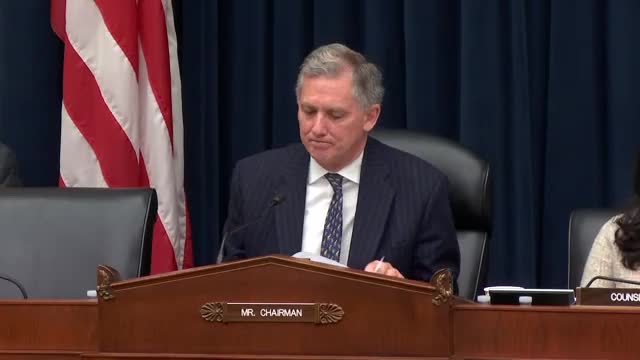Article not found
This article is no longer available. But don't worry—we've gathered other articles that discuss the same topic.
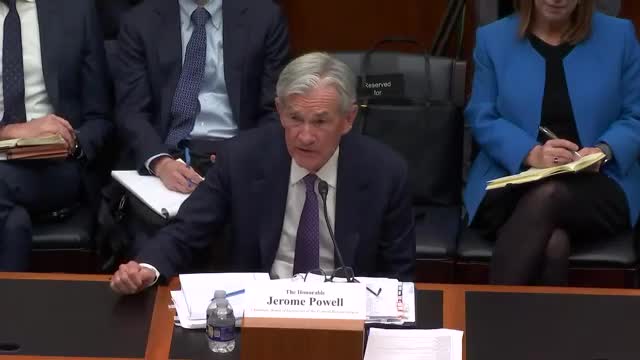
Lawmakers cite ‘debanking’ complaints; Powell says Fed wants to understand and address issues
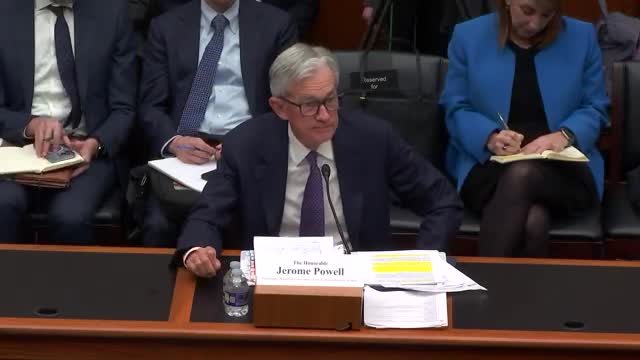
After bank failures, Powell says Fed improving discount‑window access and modernizing payments; FedNow uptake slow for small banks
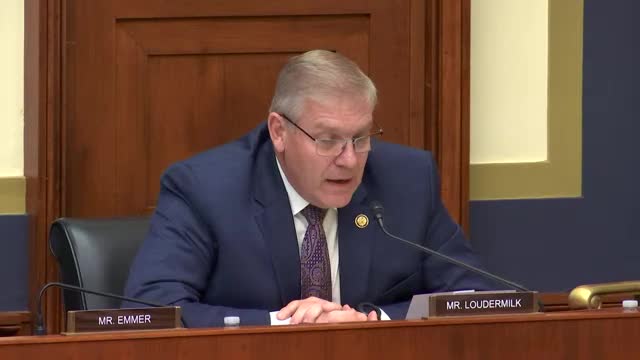
Committee questions Fed security after DOJ charges against a senior Fed economist; Powell says case 'taken very seriously'
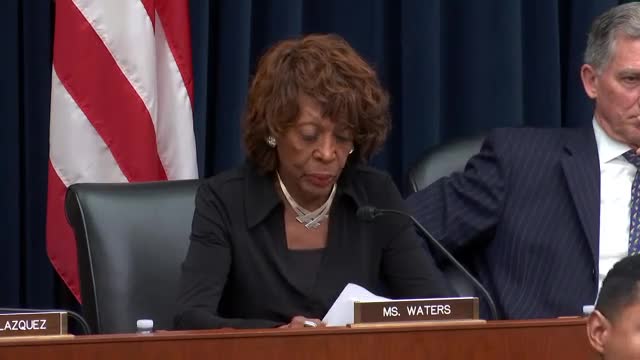
Members warn CFPB shutdown creates consumer‑protection gaps; Powell says agencies could reassume duties if Congress directs
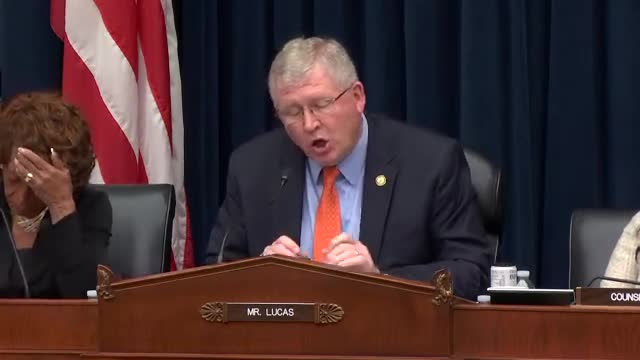
Powell: Fed will revisit supplemental leverage ratio to bolster Treasury market liquidity
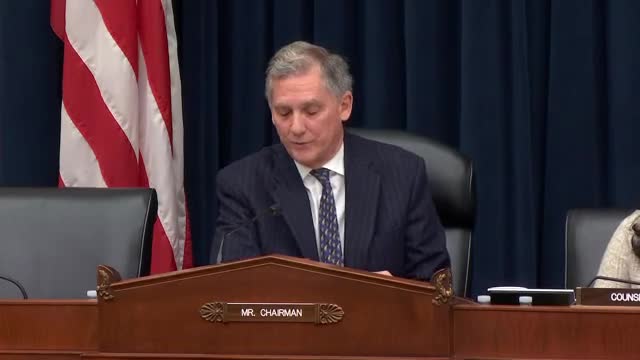
Powell: Fed will repropose Basel III endgame after coordinating with other regulators
